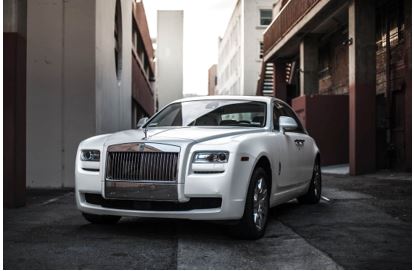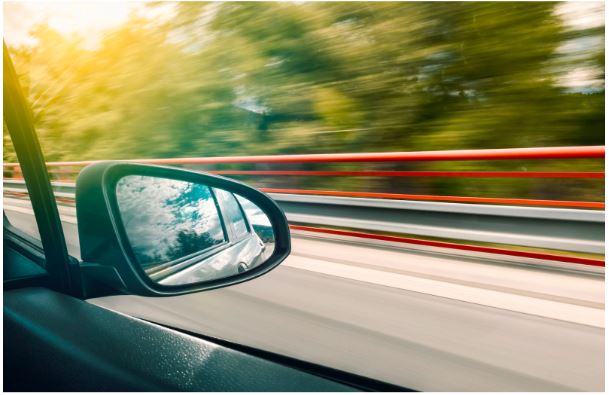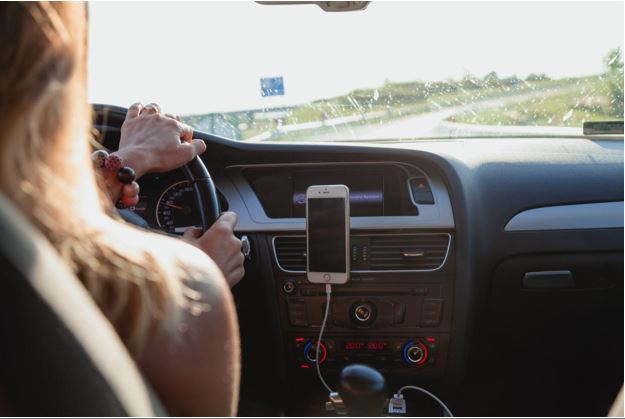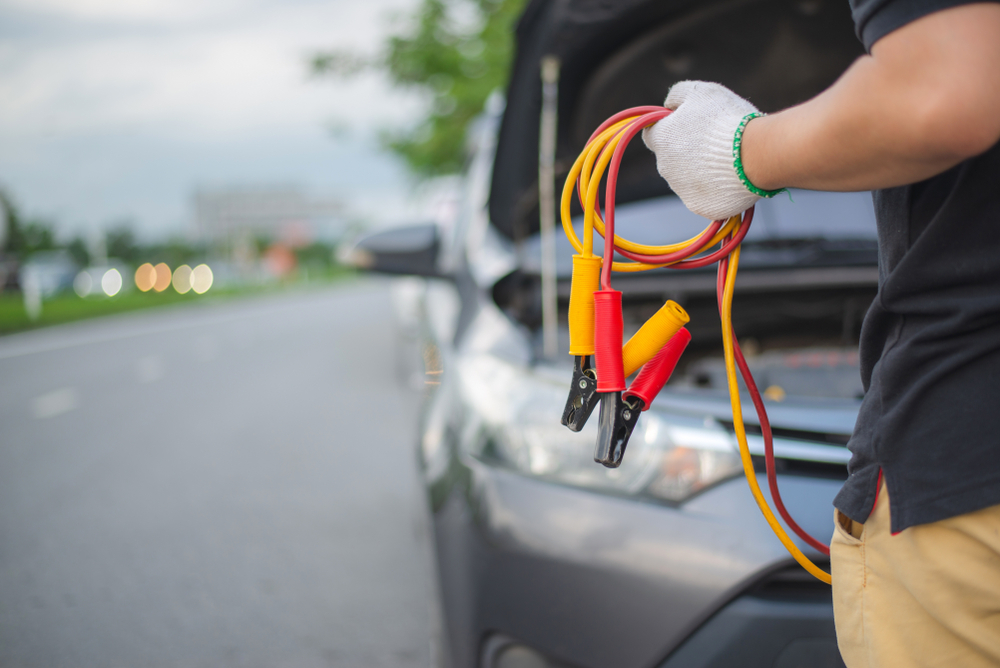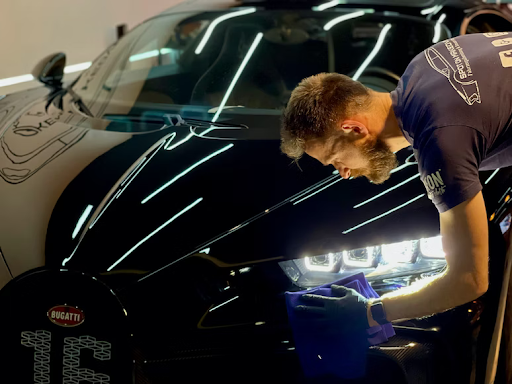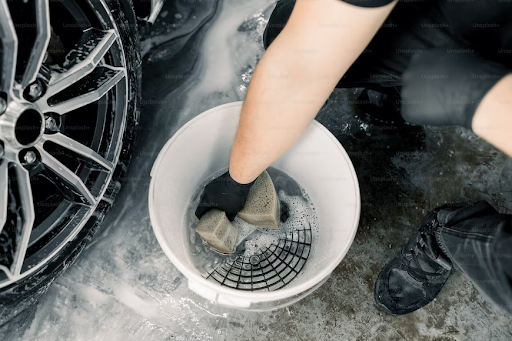10 Essential Tips to Shield Your Car from Thieves
Car theft is an unfortunate reality, and with new car models integrating advanced security features, thieves are becoming more creative than ever. Protecting your vehicle goes beyond locking the doors or setting the alarm—it requires a comprehensive approach to safeguard against any potential vulnerabilities. Here are ten essential tips to shield your car from thieves.
1. Invest in a Steering Wheel Lock
One of the simplest and most effective ways to deter car thieves is by using a visible anti-theft device such as a steering wheel lock. These devices are robust and can be a significant obstacle for any thief looking to make a quick getaway. Always ensure that the steering wheel lock is engaged, even if you’re only leaving your car for a few minutes.
2. Secure Your Garage
If you have a garage, use it. A car is much safer when stored in a locked garage than when left on the street or in a driveway. Install proper lighting and a security camera to increase visibility and deter potential intruders. Make it a habit to keep your garage door closed and locked, and never leave the garage door opener in your car, even if it’s parked inside.
3. Use a Vehicle Tracking System
In the unfortunate event that your car is stolen, a vehicle tracking system can be invaluable for recovery. These sophisticated GPS-based systems can provide real-time tracking of your vehicle’s location, making it easier for law enforcement to recover your car and apprehend the thieves.
4. Park in Well-Lit and Populated Areas
Location is key. Always park your car in well-lit areas and avoid secluded spots. Parking in visible locations – especially near CCTV cameras or where there’s pedestrian traffic – reduces the likelihood of a break-in. Thieves are less likely to act when they know they can be seen.
5. Hide Valuables and Detachable Items
Keeping your valuables out of sight is a no-brainer, but it’s surprising how many car owners leave items like laptops, smartphones, and even car accessories in plain view. Stow away any valuables in the trunk before you’ve reached your destination, and if your car has detachable faceplates for audio systems, remove and conceal them when you’re away.
6. Have Your VIN Etched on Windows and Parts
Visible Vehicle Identification Number (VIN) etching on car windows and engine parts can not only add a layer of theft deterrence but also facilitate recovery. VIN etching makes sorting stolen vehicles and parts far more complex for thieves. Many auto shops and law enforcement agencies offer this service at low or no cost.
7. Be Mindful of Key Fobs and Spare Keys
Never leave your key fob in or around your car, including hidden spots like the magnetic key box under the chassis. Thieves are attuned to these methods and have sophisticated tools to detect and clone fob signals. If using an extra key to hide, make sure it’s in a secure location inside your home.
8. Consider Window Tinting for Added Privacy
Window tinting not only provides a sleek look for your vehicle but also adds an element of privacy and can shield your belongings from prying eyes. Tinted windows make it more difficult for thieves to see inside and take stock of your car’s contents, making it a less tempting target. In Utah, window tinting is allowed up to 43% light transmittance on the front side windows.
9. Install a Car Alarm or Immobilizer
A high-quality car alarm system is essential. Thieves want to make a quick escape, and an alarm that draws attention can be enough to make them look elsewhere. Additionally, an immobilizer prevents the car from starting without the proper key or fob, making it virtually impossible for a thief to drive away.
10. Keep Your Keys in a Signal-Blocking Pouch
With the rise of keyless entry and start systems, thieves can relay the signal from your key fob, even if it’s inside your home, and use it to unlock and start your car. Investing in a signal-blocking pouch for your keys is a simple and effective way to block these signals and keep your car safe. While no prevention method is foolproof, a combination of these measures makes your vehicle a much less viable target for thieves and offers peace of mind for you as a car owner. Remember, the goal is to make your car less attractive and more difficult to steal than the next one.
